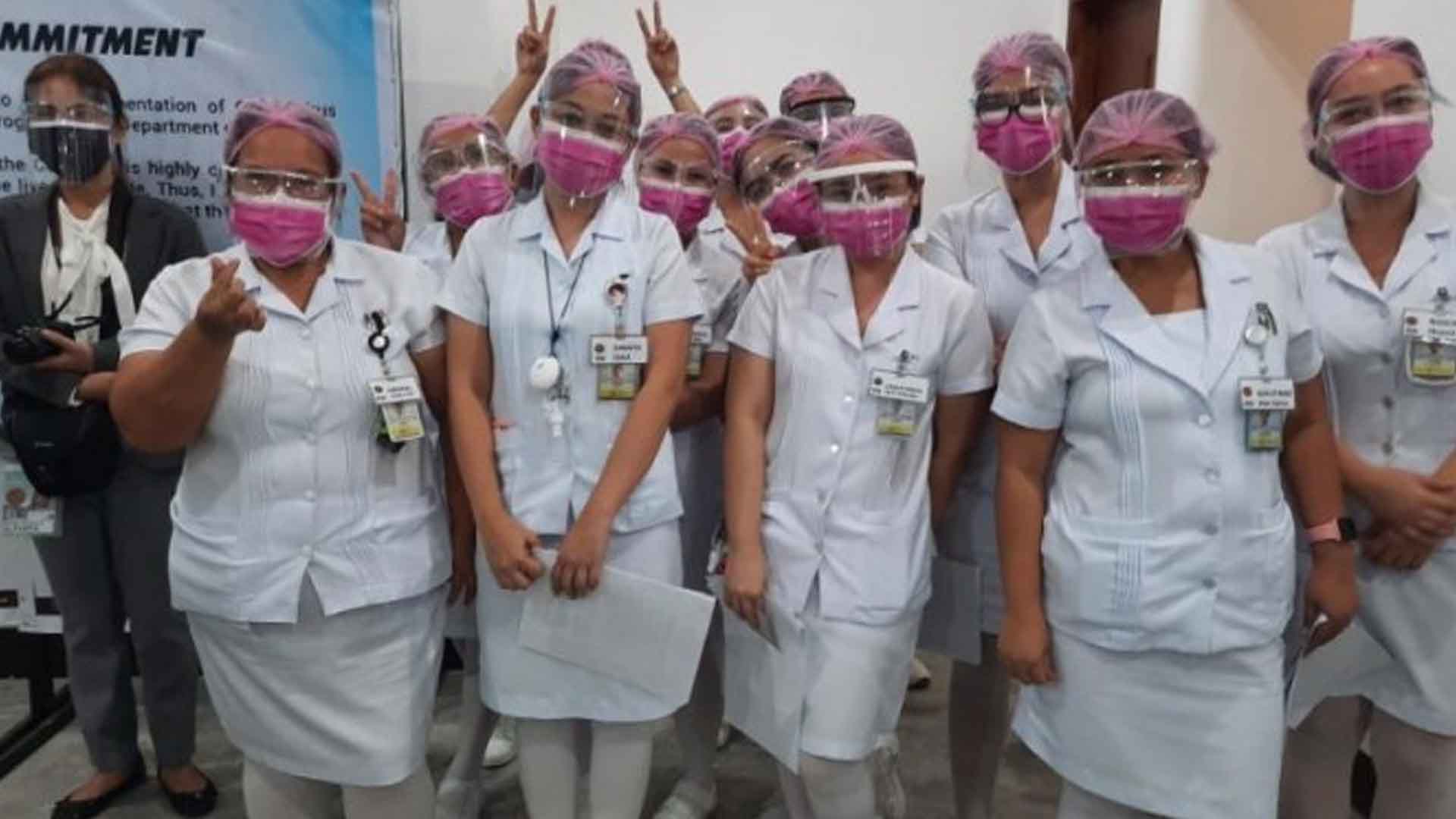A lawmaker on Monday called on the Commission on Higher Education (CHED) to lift the 11-year ban on new nursing programs in the country to provide a workforce to continue the battle against the coronavirus disease (Covid-19).
In a statement, Cavite Rep. Elpidio Barzaga warned that “the present acute and dramatic escalation” of shortage of nurses may worsen in the future both at a national and global level.
He cited the World Health Organization (WHO) report State of the World’s Nursing 2020 projects that without action, there will be a shortfall of 4.6 million nurses worldwide by 2030.
He further noted that the projected shortfall of nurses in the country is expected to be 249,843 by 2030.
“It’s high time that CHED lifted the 11-year-old ban on nursing programs. We’re still in a pandemic and we’ve seen how badly we need more nurses and health workers as we continue to battle Covid-19. The CHED’s stubbornness is hurting the country; this is unthinkable,” Barzaga said.
He said CHED has refused to act on his request for the agency to allow the newly established Kolehiyo ng Lungsod ng Dasmariñas to open a nursing program that aims to expand the country’s workforce in the face of the ongoing pandemic.
Barzaga said continuing to ban new nursing programs is doing more harm than good, especially since the students of Kolehiyo ng Lungsod ng Dasmariñas do not pay any fee.
The public college was established and being maintained with the funds of the city government, primarily intended to provide educational opportunities to poor but intelligent students in the city, he noted.
He said long-term planning dictates the creation of additional institutions that will cater to aspiring nurses regardless of their families’ socioeconomic status.
“We cannot surrender the future of the country’s nursing workforce to the whims and caprices of some individuals. The country needs a CHED chairman who takes time to study and understand the real situation on the ground,” Barzaga said.
Quezon Rep. Angelina Tan also urged the CHED to review its Memorandum Order No. 32 issued in 2010 that temporarily prohibited the opening of all undergraduate and graduate programs in business administration, nursing, teacher education, hotel and restaurant management, and information technology education effective school year 2011-2012.
“The role of nurses in our health care system cannot be over emphasized, not only in delivering quality health care but as well as in achieving our Sustainable Development Goals (SDGs). They make critical contributions to the achievement of national and global targets related to a range of health priorities, including universal health care, mental health and communicable and noncommunicable diseases, emergency preparedness and response, patient safety, and the delivery of integrated, people-centered care,” said Tan.
The commission, in Memorandum Order 32 dated September 30, 2010 stopped the opening of all undergraduate and graduate programs in business administration, nursing, teacher education, hotel and restaurant management and information technology education beginning in school year 2011-2012.
The moratorium was issued on the ground that the proliferation of the programs would cause “the deterioration of the quality of graduates of these five higher education programs.”
It cited the “gradual decline in the performance of teacher and nursing education graduates, indicating the worsening state of the programs.” (PNA)







